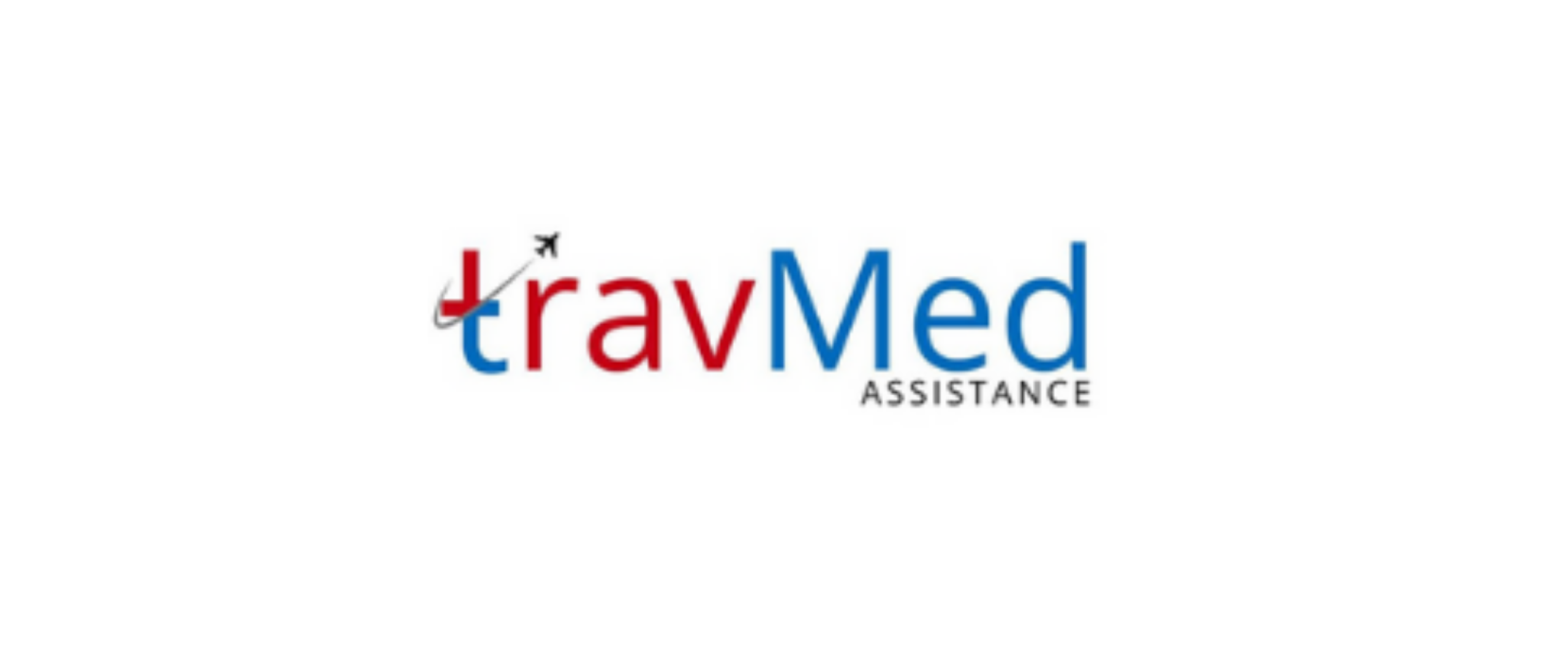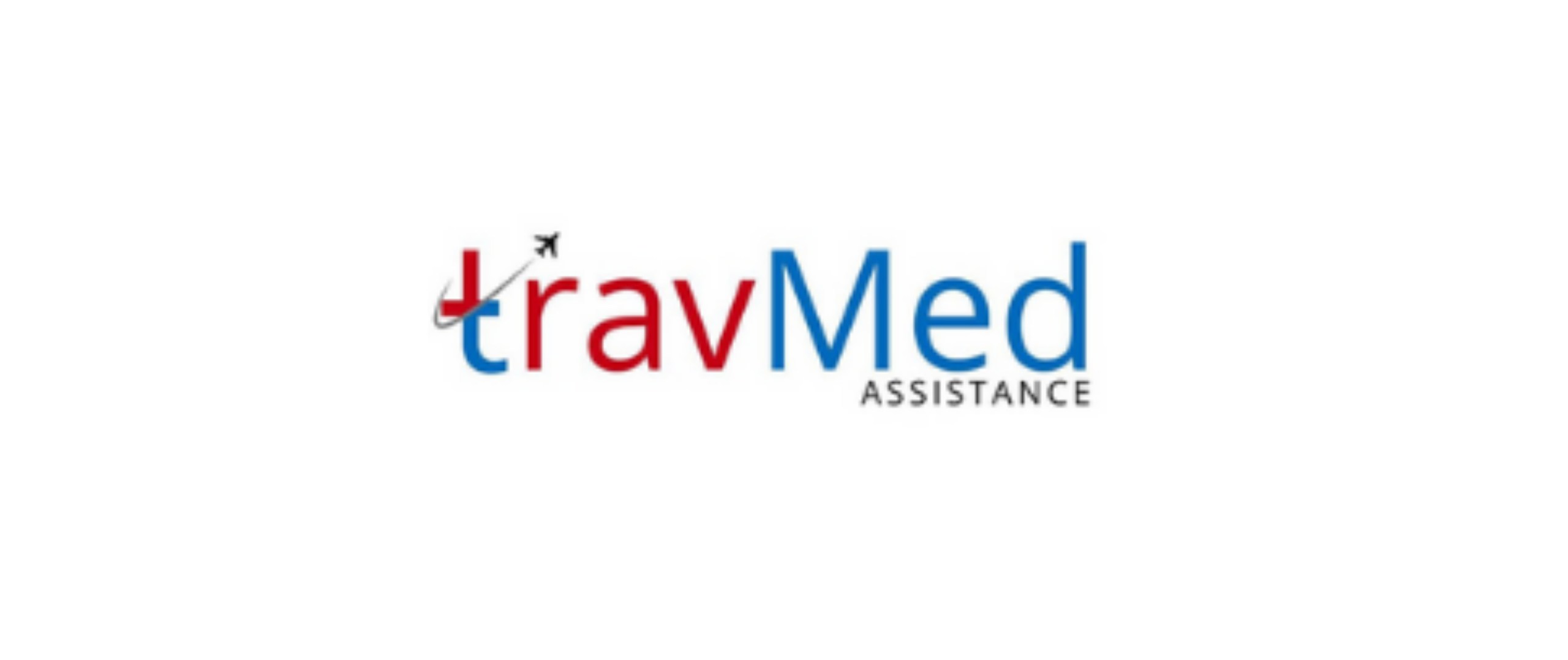
How do I choose the best healthcare provider?
Selecting the optimal healthcare provider in Nepal requires careful consideration of several factors. Begin by researching the provider’s qualifications, experience, and specialization. Look for board certifications and memberships in professional medical associations. Read patient reviews and testimonials to gauge satisfaction levels. Consider the provider’s location, accessibility, and available facilities. Evaluate the range of services offered and whether they align with your specific health needs. Check if the provider accepts your insurance or offers affordable payment options. Additionally, assess the provider’s communication style and willingness to answer questions. It’s advisable to schedule an initial consultation to get a firsthand experience of the provider’s approach and determine if you feel comfortable with them.
Who are the top healthcare providers in Nepal?
Nepal boasts several reputable healthcare providers known for their quality services and expertise. Some of the top healthcare providers include:
- Tribhuvan University Teaching Hospital (TUTH)
- Grande International Hospital
- HAMS Hospital
- Norvic International Hospital
- B&B Hospital
- Manipal Teaching Hospital
- Bir Hospital
- Patan Hospital
- Dhulikhel Hospital
- Nepal Mediciti Hospital
These institutions are recognized for their advanced medical facilities, experienced staff, and comprehensive range of services. They cater to both local and international patients, offering specialized treatments across various medical disciplines. Many of these providers have partnerships with international healthcare organizations, ensuring adherence to global standards of care.
How can I evaluate healthcare providers in Nepal?
Evaluating healthcare providers in Nepal involves a multi-faceted approach:
- Check accreditations and certifications
- Review the provider’s experience and specializations
- Assess the range of services offered
- Examine the quality of facilities and equipment
- Read patient reviews and testimonials
- Inquire about success rates for specific procedures
- Evaluate the provider’s communication and patient care approach
- Consider the provider’s location and accessibility
- Check if they have experience treating international patients
- Inquire about follow-up care and support services
Additionally, consult with local medical associations or embassies for recommendations. Consider visiting the facility in person to assess cleanliness, staff behavior, and overall atmosphere. Don’t hesitate to ask for references or speak with former patients if possible.
What documents are needed to choose a healthcare provider?
When selecting a healthcare provider in Nepal, you may need to present the following documents:
- Valid identification (passport for foreigners, citizenship card for Nepali nationals)
- Medical history records
- Previous test results and medical reports
- Insurance information (if applicable)
- Referral letter from previous doctor (if available)
- List of current medications
- Allergy information
- Emergency contact details
- Visa and immigration documents (for foreign patients)
- Consent forms for specific procedures
It’s advisable to have these documents translated into English or Nepali if they’re in another language. Some providers may require additional documentation depending on the nature of your medical condition or the services you’re seeking.
How much do healthcare services cost in Nepal?
Healthcare costs in Nepal vary widely depending on the provider, location, and type of service. Generally, healthcare in Nepal is more affordable compared to many Western countries. Basic consultations at government hospitals can cost as little as NPR 100-500 (approximately $1-5 USD). Private hospitals and clinics typically charge higher fees, ranging from NPR 500-2000 ($5-20 USD) for general consultations. Specialized treatments and surgeries can cost anywhere from NPR 50,000 to several lakhs ($500 to several thousand USD), depending on the complexity. Diagnostic tests like blood work, X-rays, and MRIs range from NPR 1000-15000 ($10-150 USD). It’s advisable to inquire about package deals for comprehensive health check-ups, which can offer better value. Remember that costs can escalate quickly for emergency services or prolonged hospital stays.
How long does it take to get an appointment?
Appointment waiting times in Nepal’s healthcare system can vary significantly depending on the provider and the nature of the medical issue. In government hospitals, walk-in patients may face long queues and waiting times of several hours to days for non-emergency cases. Private hospitals and clinics generally offer quicker appointments, often within 1-3 days for general consultations. For specialized services or popular doctors, waiting times can extend to 1-2 weeks. Emergency services are typically available immediately in most hospitals. Some private healthcare providers offer online appointment booking systems, which can streamline the process. For elective procedures or surgeries, waiting times can range from a few days to several weeks, depending on the hospital’s schedule and the urgency of the case.
Are there specialized healthcare providers for foreign patients?
Yes, Nepal has several healthcare providers that cater specifically to foreign patients:
- CIWEC Hospital: Specializes in travel medicine and tropical diseases
- Nepal International Clinic: Offers services tailored for expatriates and tourists
- Vayodha Hospital: Provides international patient services
- Grande International Hospital: Has a dedicated international patient department
- Norvic International Hospital: Offers specialized services for foreign patients
These providers often have English-speaking staff, international standards of care, and services tailored to the needs of foreign patients. They may offer assistance with visa extensions, travel arrangements, and accommodation. Some hospitals have partnerships with international insurance providers, facilitating easier claim processes. These specialized providers often have experience dealing with travel-related illnesses and can provide necessary documentation for insurance claims or travel rescheduling if required.
How reliable are healthcare providers in Nepal?
The reliability of healthcare providers in Nepal varies, with some offering world-class services while others may fall short of international standards. Top-tier private hospitals in urban areas, particularly Kathmandu, are generally reliable and adhere to international healthcare protocols. These institutions often have modern equipment, well-trained staff, and stringent quality control measures. Government hospitals, while more affordable, may face challenges due to overcrowding and resource constraints. Rural healthcare facilities might have limited capabilities for complex treatments. It’s advisable to research thoroughly and choose accredited institutions, especially for serious medical conditions. Many Nepali doctors receive training abroad and bring international expertise to their practice. However, patients should be prepared for potential language barriers and cultural differences in healthcare delivery.
Can I get referrals for top healthcare providers?
Obtaining referrals for top healthcare providers in Nepal is possible through various channels:
- Consult your home country’s embassy or consulate in Nepal
- Contact international health organizations operating in Nepal
- Reach out to expatriate communities or forums
- Ask your current doctor for recommendations
- Consult travel insurance companies for their preferred providers
- Check with local medical associations for reputable doctors
- Inquire at international schools or companies in Nepal
- Use online platforms like Practo or Hamro Doctor for reviews and ratings
- Contact medical tourism agencies specializing in Nepal
- Ask for recommendations from hotels or travel agencies catering to international visitors
Remember to cross-verify referrals from multiple sources for a more comprehensive understanding of the provider’s reputation and capabilities.
How do I book a healthcare provider in Nepal?
Booking a healthcare provider in Nepal can be done through several methods:
- Call the hospital or clinic directly to schedule an appointment
- Use online booking platforms like Hamro Doctor or Practo
- Visit the healthcare provider’s website for online appointment systems
- Send an email to the provider’s appointment desk
- Use mobile apps offered by some hospitals for appointment booking
- Walk-in to the facility and book at the reception (may involve longer wait times)
- Ask your hotel or travel agency to assist with booking
- Use telemedicine platforms for virtual consultations and bookings
- Contact international patient services for assistance (in larger hospitals)
- Use social media platforms where some providers offer booking services
For specialized treatments or surgeries, it’s advisable to book well in advance. Keep your medical records and necessary documents ready when booking to facilitate a smoother process.
Are services available 24/7 in Nepal?
Many healthcare providers in Nepal offer 24/7 services, especially for emergency care. Major hospitals in urban areas like Kathmandu, Pokhara, and Biratnagar typically have round-the-clock emergency departments. These facilities are equipped to handle urgent medical situations at any time. However, the availability of specialized services may be limited during off-hours. While emergency rooms are open 24/7, non-emergency consultations and elective procedures usually follow regular business hours. Some private clinics and smaller healthcare facilities may have limited operating hours. Pharmacies in hospital premises often operate 24/7, but standalone pharmacies may have restricted hours. It’s advisable to check with specific providers about their operating hours for different services. In rural areas, 24/7 healthcare services may be limited, and patients might need to travel to larger towns or cities for round-the-clock medical attention.
How is quality ensured in healthcare services?
Quality assurance in healthcare services in Nepal is maintained through various mechanisms:
- Accreditation by national and international bodies
- Regular audits and inspections by health authorities
- Adherence to standard operating procedures and protocols
- Continuous medical education and training for healthcare professionals
- Implementation of quality management systems
- Patient feedback and complaint resolution mechanisms
- Collaboration with international healthcare organizations
- Adoption of evidence-based medical practices
- Regular equipment maintenance and upgrades
- Strict infection control and hygiene protocols
The Nepal Medical Council and Ministry of Health and Population play crucial roles in regulating healthcare quality. Many top hospitals in Nepal seek international accreditations like JCI (Joint Commission International) to ensure they meet global standards. However, quality can vary significantly between urban and rural areas, and between private and public healthcare facilities. Patients are encouraged to research and choose accredited institutions for better quality assurance.


